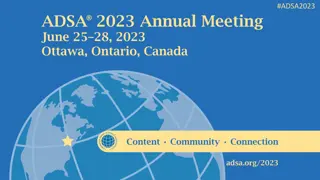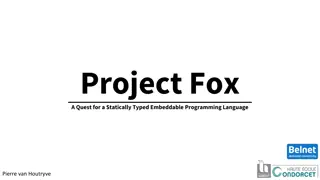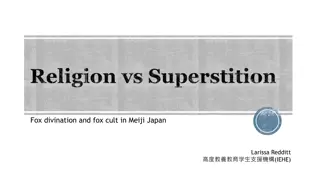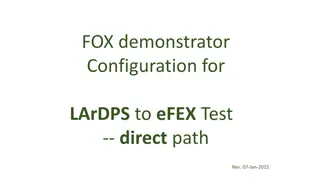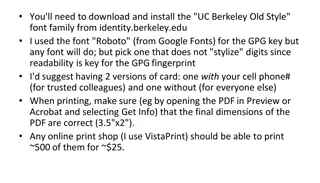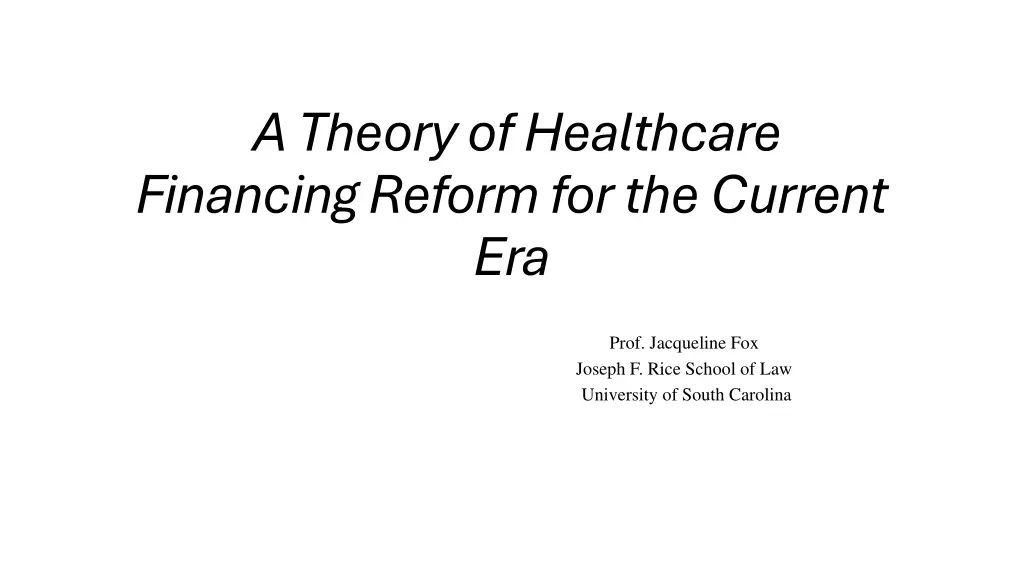
Healthcare Financing Reform and Ethical Implications
Explore the complexities of healthcare financing reform, profit extraction, and price setting in the current era. The case studies of Medical Properties Trust, Hepatitis C Miracle Cure, and the ethical implications of rationing care using dollars shed light on the need for a justification of profit in the healthcare industry. Who should save money - patients, doctors, or hospitals? Dive into the multifaceted world of healthcare economics.
Download Presentation

Please find below an Image/Link to download the presentation.
The content on the website is provided AS IS for your information and personal use only. It may not be sold, licensed, or shared on other websites without obtaining consent from the author. If you encounter any issues during the download, it is possible that the publisher has removed the file from their server.
You are allowed to download the files provided on this website for personal or commercial use, subject to the condition that they are used lawfully. All files are the property of their respective owners.
The content on the website is provided AS IS for your information and personal use only. It may not be sold, licensed, or shared on other websites without obtaining consent from the author.
E N D
Presentation Transcript
A Theory of Healthcare Financing Reform for the Current Era Prof. Jacqueline Fox Joseph F. Rice School of Law University of South Carolina
Medical Properties Trust (MPT) Cerberus bought hospitals in 2010 through a new entity, Stewart In 2016, Stewart sold underlying property to MPT for $1.2 billion Cerberus then issued a dividend of $484 million Many financing shenanigans occurred In 2024, Stewart filed for bankruptcy with more than $9 billion in liabilities, $6.6 billion held by MPT (which had already made a lot of money from multiple financing deals and lease payments)
Hepatitis C Miracle Cure In 2013, drugs to cure Hep C are approved The price is $85,000 for one short course of pills At that time, enough pills for that course of treatment cost between $68 and $136 to manufacture. The company selling the drug had purchased the intellectual property of the drugs for $11 billion They made more than $68 billion in sales in ten years
We ration care using dollars Profit extraction and price setting have foreseeable effects with significant ethical implications Charging a price means some won t be able to pay and will go without necessary care Profit extracted from a system with scarce resources means there will be less resources for those in need, so some will go without necessary care
Who do we ask to save us money? Patients Doctors Hospitals
Call for a justification of profit, given foreseeable ramifications. First, look to rent seekers (profit extractors) Second, price setters for medical supplies with high barriers to entry and/or IP protection Goal is balancing reasonable pay for labor, stewardship of scarce resources, and maximizing access for patients while minimizing unreasonable profit
Accounting problems (trust me this is fun, I promise) N is the cost of healthcare as it is commonly described. Used in a sentence: The United States spent N on healthcare in 2024, (X per capita), which is more than any other country, and had worse outcomes.
N is not actually the cost of healthcare, though. N is the cost of the healthcare financing system in the United States. To calculate how much we spend on providing healthcare, we need to adjust N.
N- (profit extracted +profit from unreasonable price setting + profit from gaming the system)= healthcare spending (HS) HS/# of people: per capita HS









